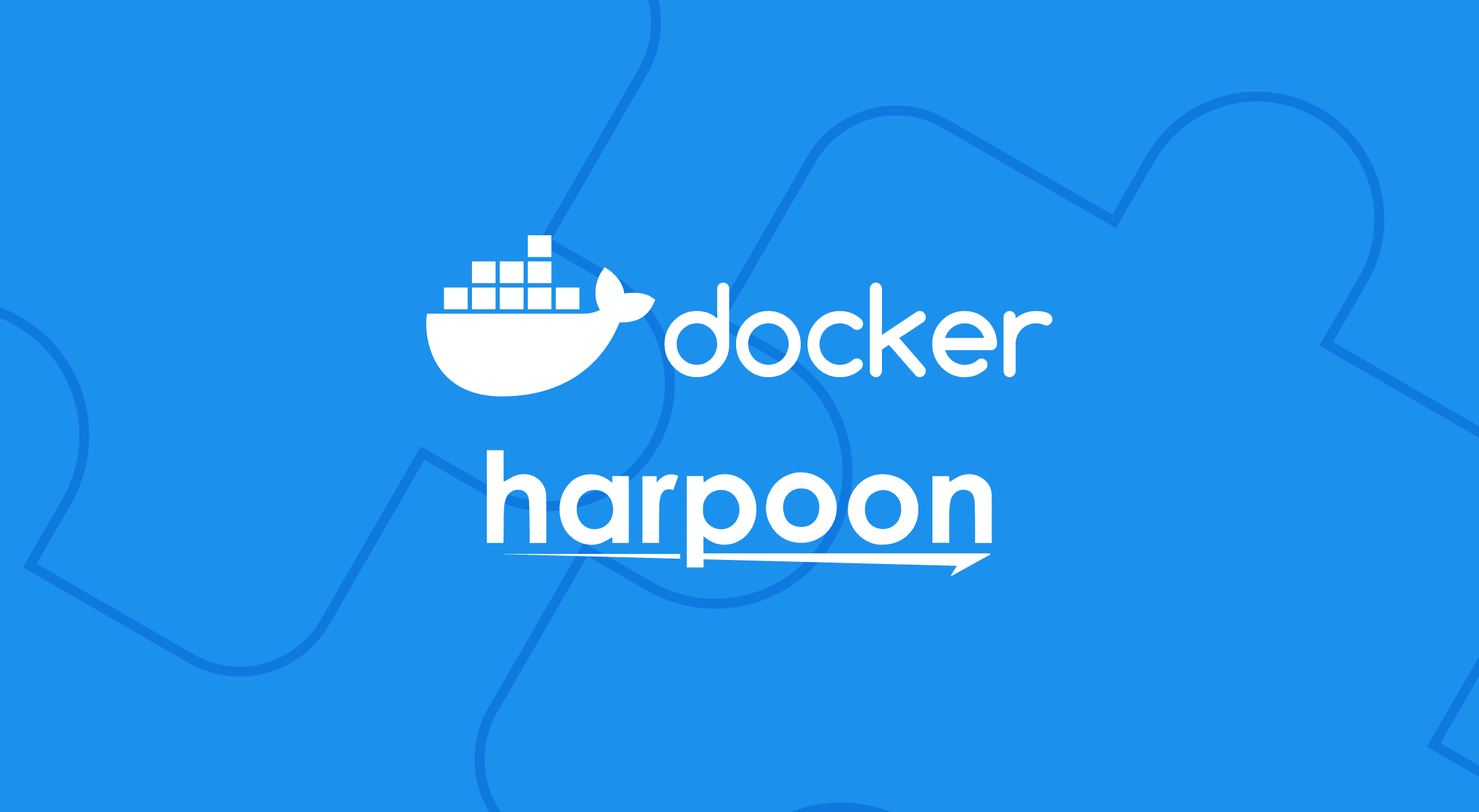

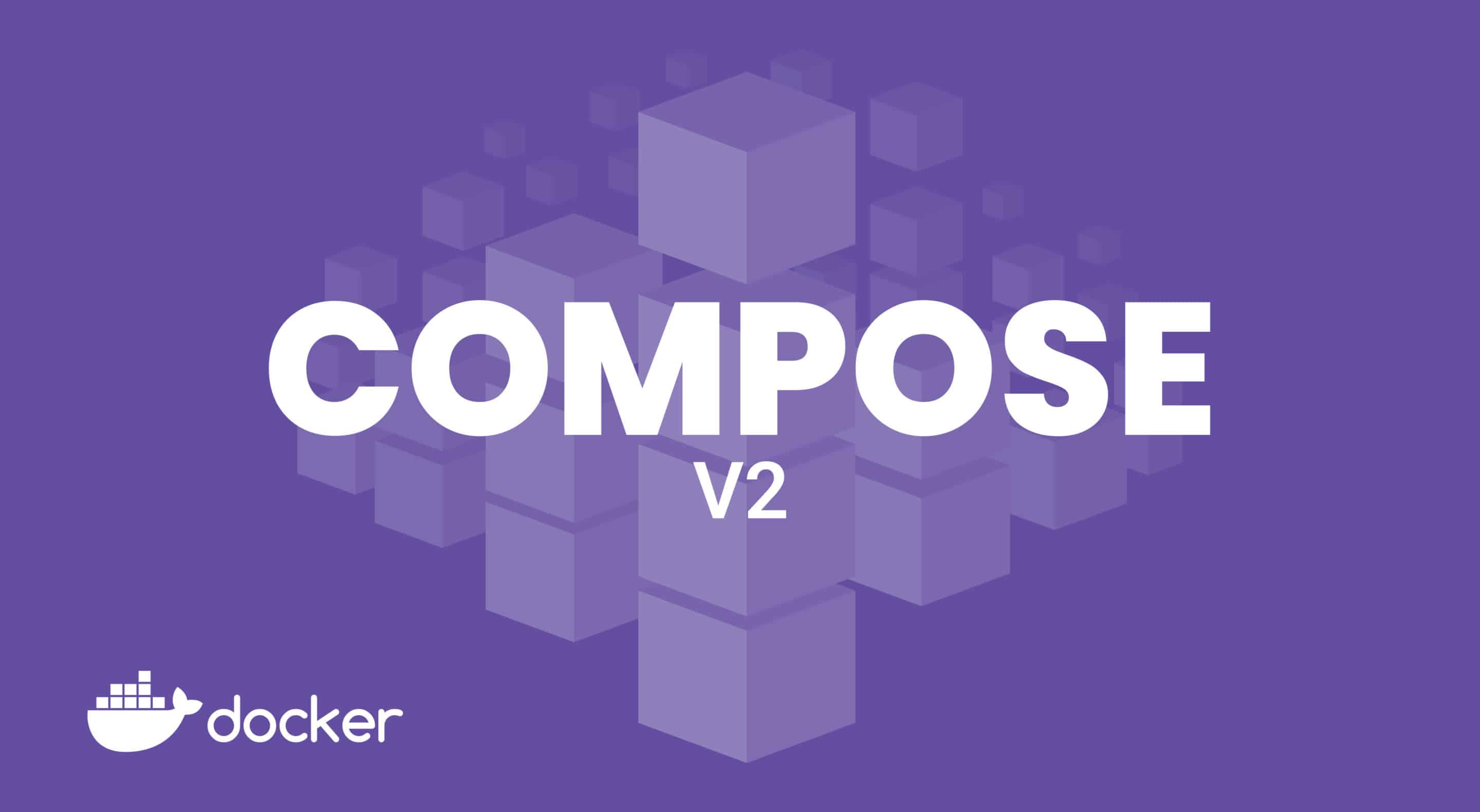
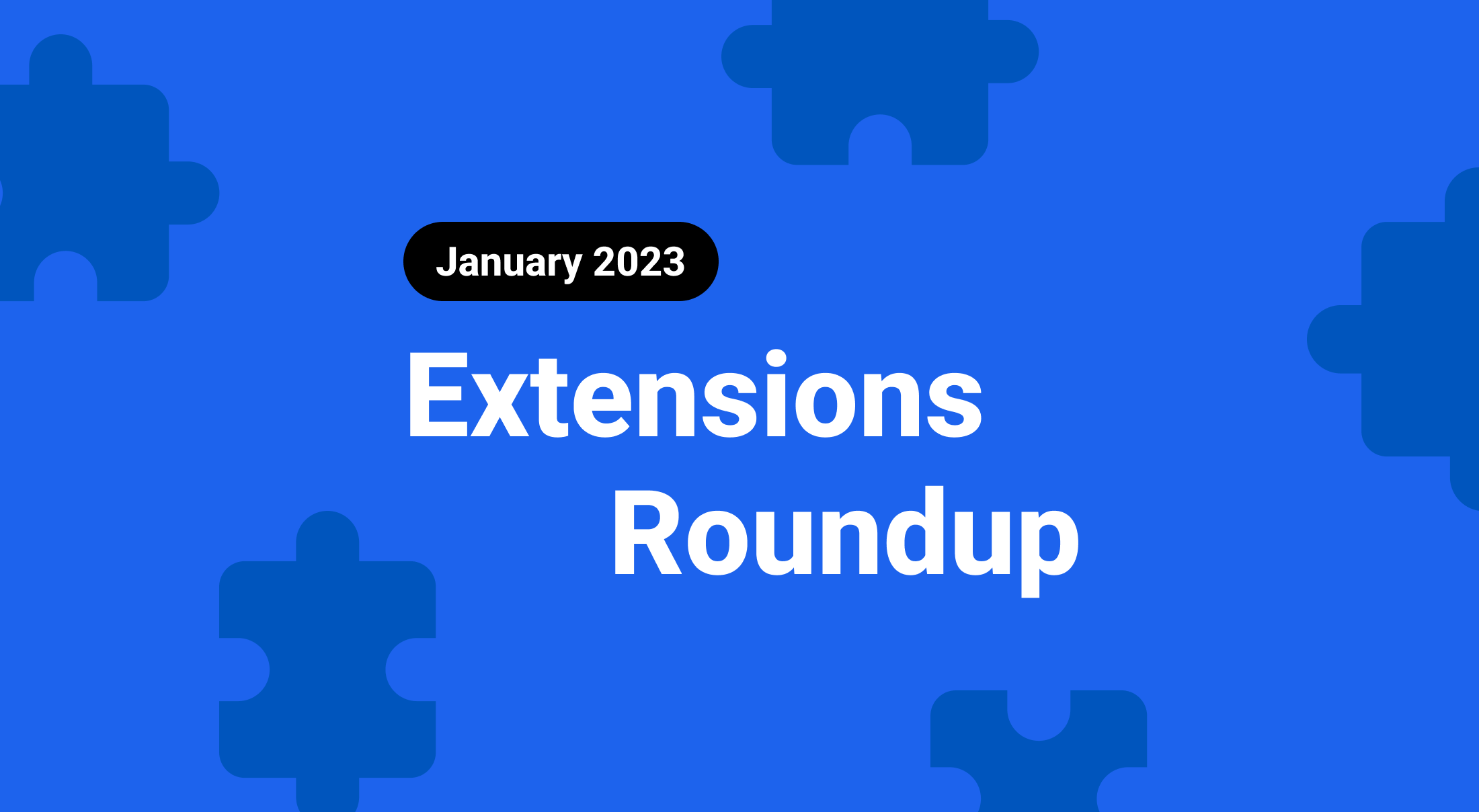
Deploy production-grade Kubernetes with no code
Are you new to Kubernetes, but need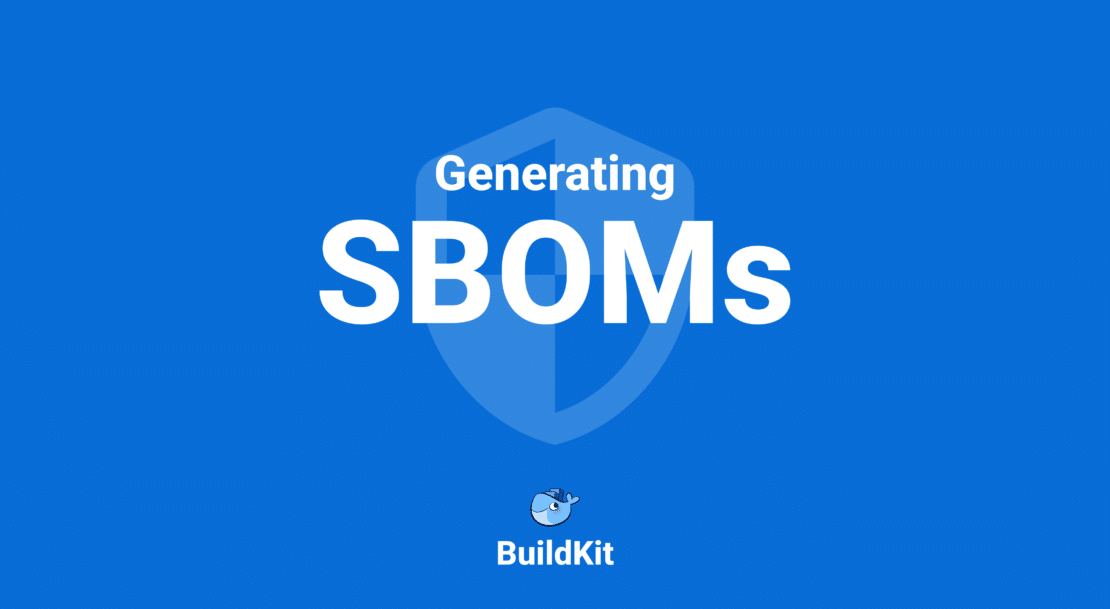
The latest release series of BuildKit, v0.11, introduces support for build-time attestations and SBOMs, allowing publishers to create images with records of how the image was built.This makes it easier for you to answer common questions, like which packages are in the image, where the image was built from, and whether you can reproduce the same results locally.
This new data helps you make informed decisions about the security of the images you consume — without needing to do all the manual work yourself.
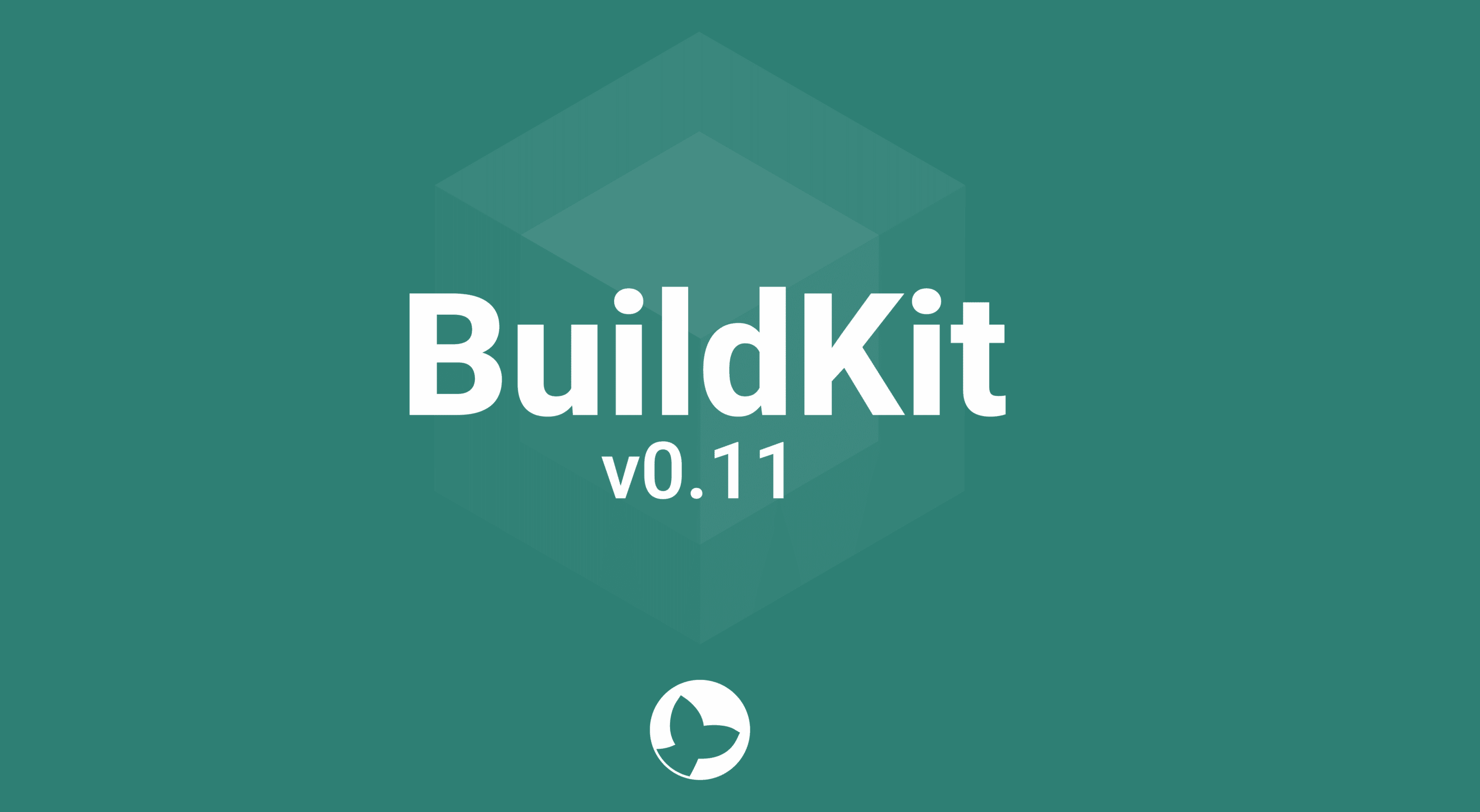
BuildKit v0.11 is now available, along
with Buildx v0.10 and v1.5 of the
Dockerfile syntax.We’ve released new features,
bug fixes, performance improvements, and improved documentation
for all of the Docker Build tools.
Let’s dive into what’s new!We’ll cover the highlights, but you can
get the whole story in the full changelogs.
In this post:
1.Weitere Beiträge ...
Seite 9 von 24